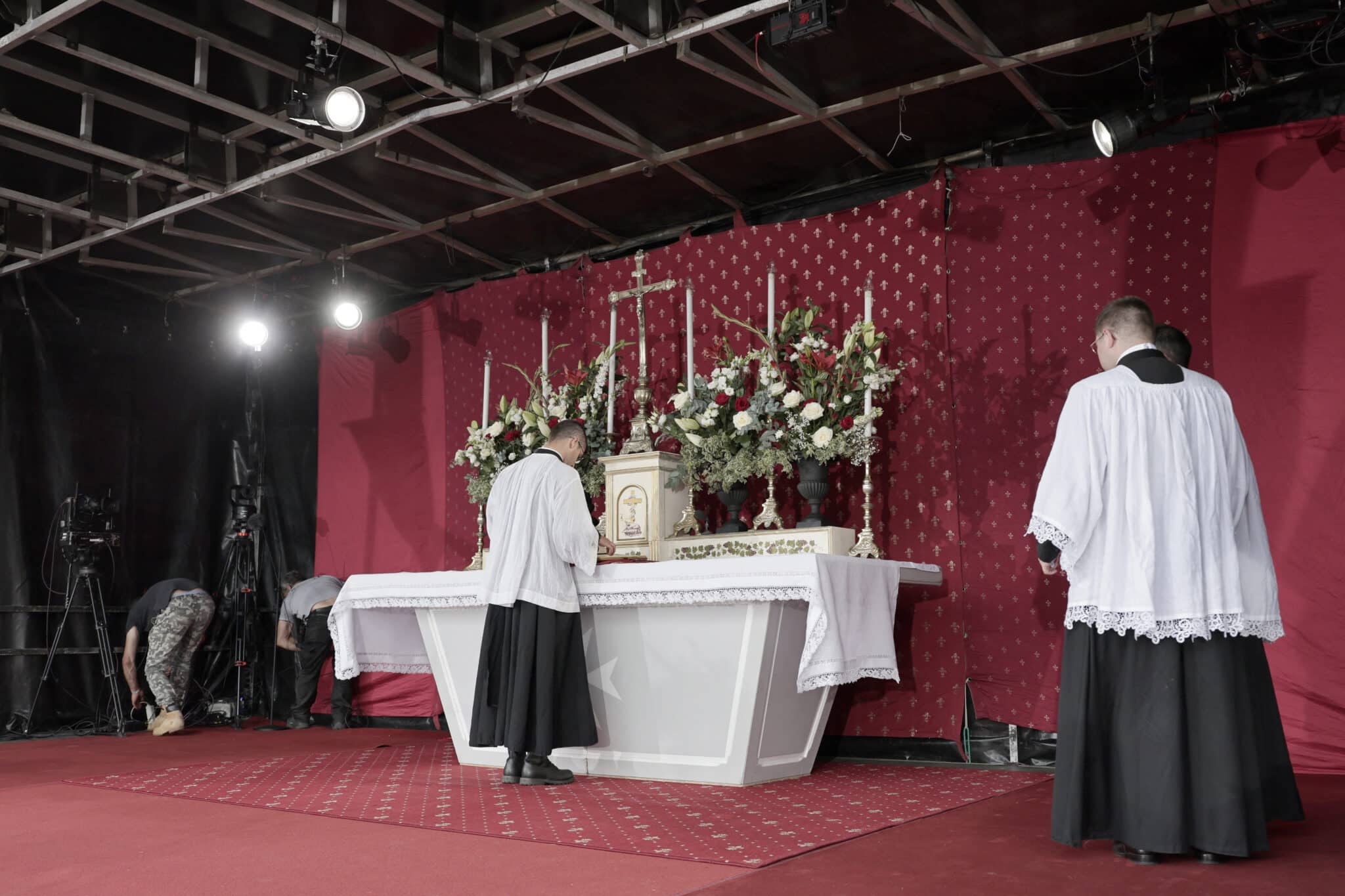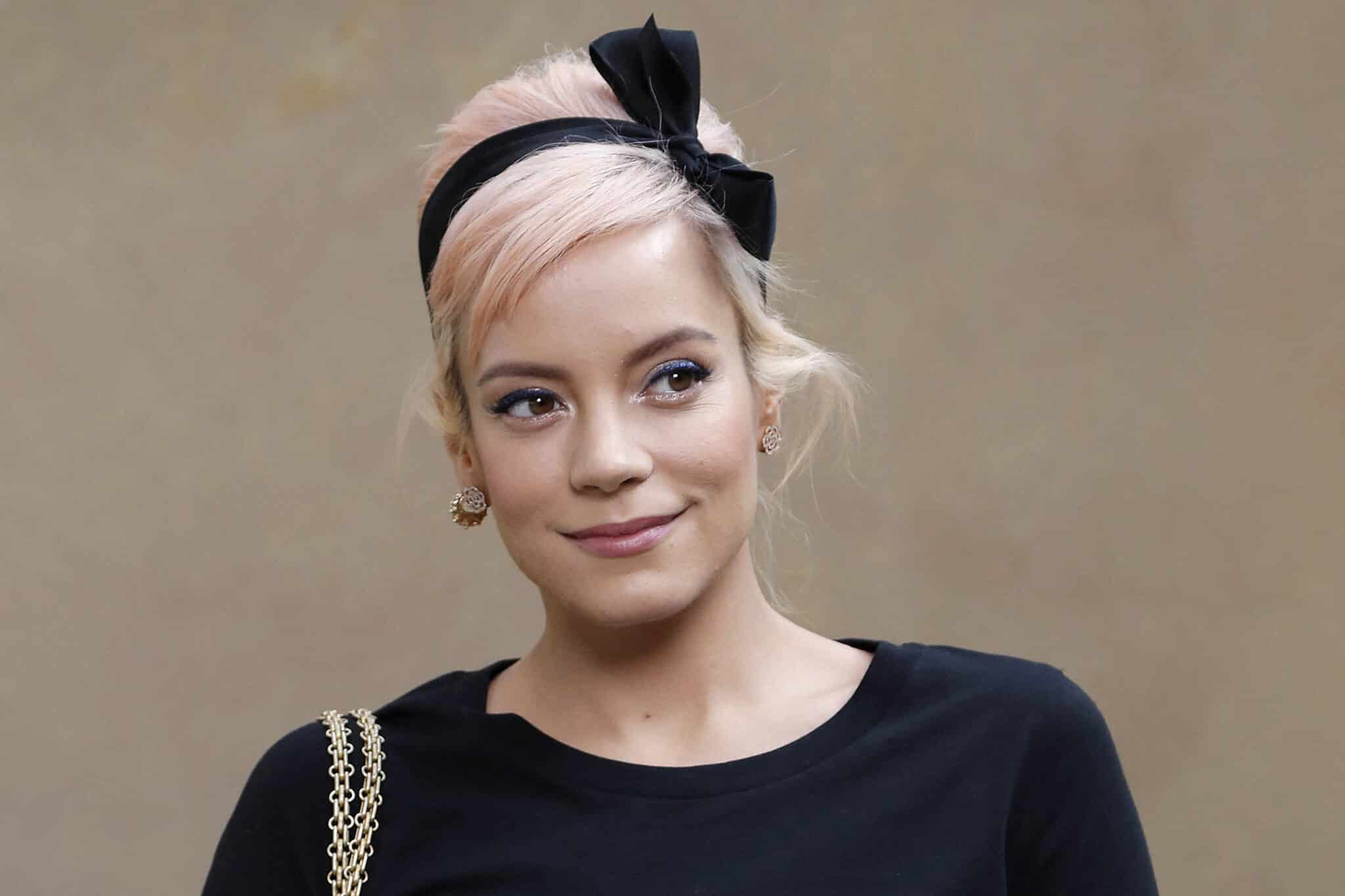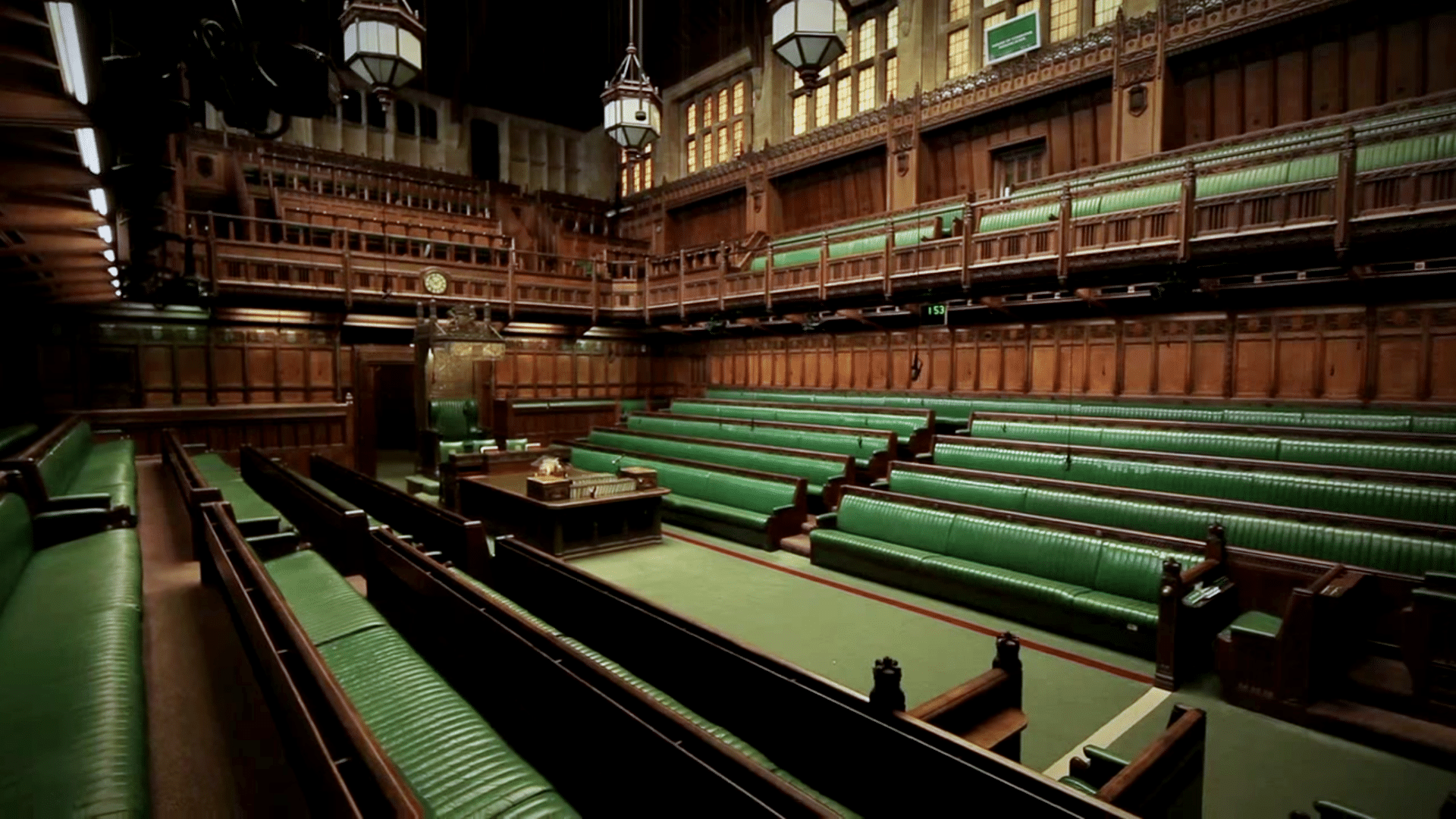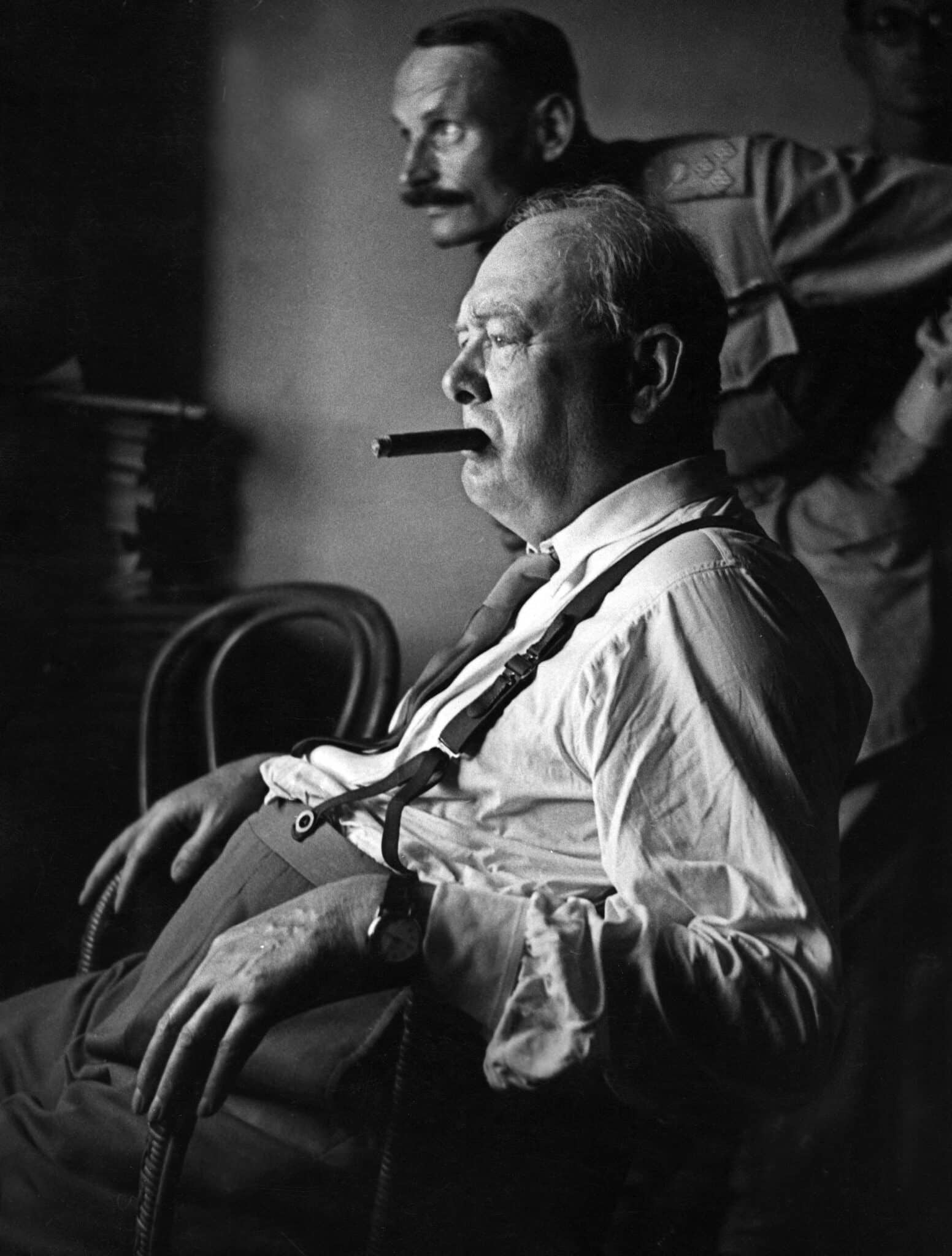As Parliament marches swiftly towards the legalisation of euthanasia, it is Catholicism that seems poised as the final frontier between death and life in this ideological battle. The campaign for “dignity in dying” has gathered fresh momentum with the turn of a new Labour-led government, backed by high-profile media figures, emotionally charged testimonies, and an increasingly liberalised public mindset.
Yet, amidst the clamour for legislative change, we must ask ourselves: what kind of society are we becoming?
On the surface, the moral appeal of “assisted dying” seems straightforward. As Christians, some of our first lessons are of mercy, dignity, and the relief of suffering. It is God’s ultimate desire that humans care for one another and preserve the autonomy of their fellow man. The terminally ill should be protected from unnecessary suffering, even if it is at the hand of their own ailing bodies. Framed in this way, resistance is painted as callous, even cruel. But such framing masks a deeper moral and spiritual crisis: the erosion of solidarity with the most vulnerable in our midst.
We are taught that man owes each other dignity at all stages of life. But where is the dignity in stripping people of their value – setting the standard that life is no longer sacred once our mortal body begins to falter – and encouraging death before their time has come?
The Catholic Church’s opposition to euthanasia is not born of stubborn tradition, nor is it indifferent to suffering. Rather, it arises from the determination that every human life is enriched with an inherent and inviolable dignity, from conception to natural death.
This belief is not merely theological – it is deeply human.
Age, illness, injury, disease: these are all natural symptoms of the human condition. When we begin to measure the value of life by productivity, independence, or ease of care, we risk creating a society in which the ill, the elderly, and the dependent are dispensable. Worse, we create an expectation that they relieve society of the ‘burden’ of their existence once they have faded from peak economic value.
Indeed, troubling practices have begun to emerge in countries where assisted suicide is already legalised. In Canada and the Netherlands, the scope of eligibility has widened drastically to include those with mental health conditions, chronic but non-terminal conditions, and genetic disorders. In Belgium, children are being granted the ‘dignity’ to die before they’re even old enough to sign a legal contract. Paralympic athletes who simply asked for a mobility aid have had their doctor suggest euthanasia instead.
Safeguards, while initially rigorous, nearly always soften over time. Once that legislative line is crossed, it proves impossible to prevent the goalposts being moved.
Death itself becomes a form of therapy. Suffering, instead of being shared and convalesced, is medicalised and erased. By attaching a proverbial ‘Best Before’ sticker to every person, we begin the countdown of their ‘usefulness’ and create the expectation that the very symptoms of human life are now the reasons it should end.
But there is an alternative.
The Church has long stood at the frontline of the hospice model, offering focused care to those in the final stretch of life. Not by cutting the thread prematurely to ‘save’ the burden of continued care, but through affirming the sanctity of their life until its natural end. Palliative care, when properly funded and administered, may alleviate pain and maintain a strong foundation of support. Rather than sterile procedure rooms and the knowledge of a life ended too early, it is in the presence of carers, friends, family, and chaplains that genuine dignity is found.
Moreover, as society drifts further from its Christian roots, it is the duty of all Catholics to contend with the spiritual cost of legalising assisted suicide. Death must not be seen as a rushed ‘final exit’ when it is, in fact, a sacred threshold into the eternal Kingdom. For man to play God over the passage of even one life across that holy line – to supersede the ancient rituals of prayer, convalescence, reconciliation, and the Last Rites with sterile talk of ‘medically assisted dying’ – is to leave their soul unattended. And, when we cease to care for matters of the soul, we are diminished as a society.
We are told that legislation is inevitable. That liberalisation is inevitable. That this is the evolution of a ‘free’ society.
But what is inevitable is not always just, and history is full of moral shifts that were later regretted. This is a moment for the Catholic conscience – indeed, the British conscience – to speak in absolutes, not just for the rights of the vulnerable, but for the vision of society that refuses to dilute their inviolable dignity.
Let us not capitulate to a culture of convenience masked as compassion. Let us, instead, renew our commitment to accompany the suffering, comfort the dying, and affirm the dignity of every life. Let us not see people as products on a shelf, defined by a social expiration date and discarded when they no longer satisfy economic expectations.




.png)


.jpg)








